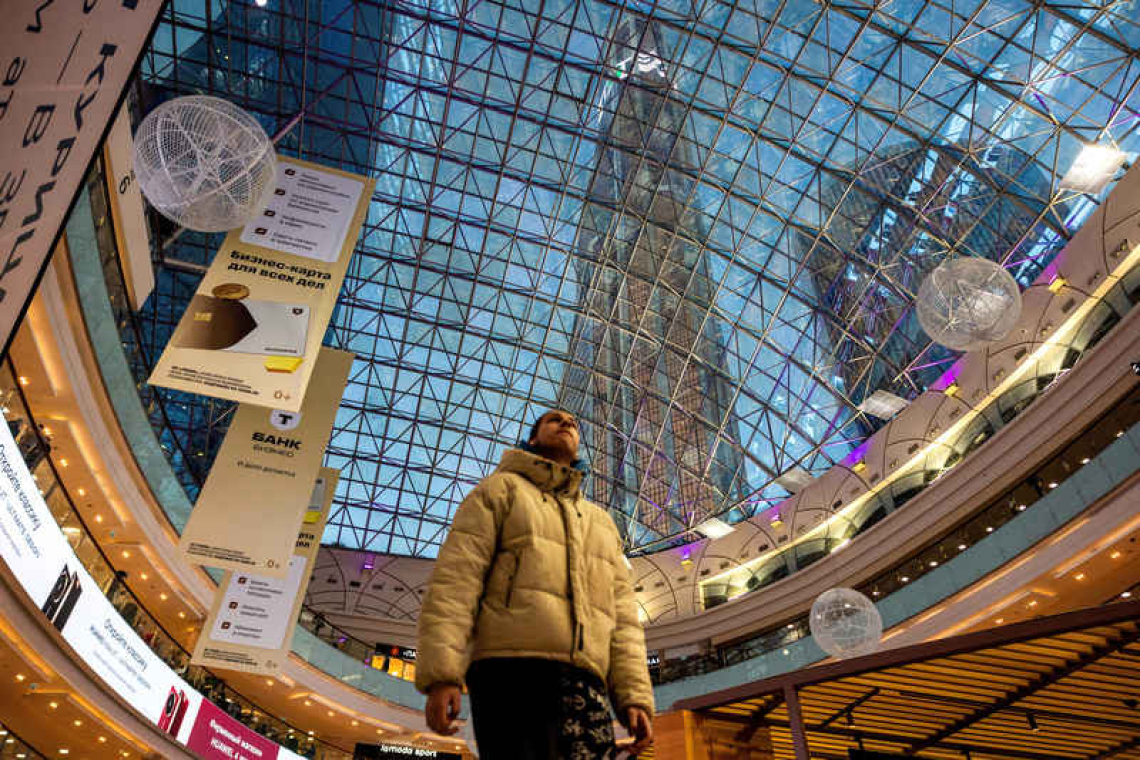MOSCOW--Moscow is preparing to raise taxes and cut spending as it tries to maintain high defence expenditure with Russia's economy creaking under the weight of financing the more than three-year war in Ukraine, officials and economists say. President Vladimir Putin has rejected suggestions that the war is killing Russia's economy, but the budget deficit is widening as spending mounts, while revenue from oil and gas is declining under pressure from Western sanctions.
Highly anticipated talks between Putin and his U.S. counterpart Donald Trump in Alaska last week did not yield a ceasefire, giving Moscow, which would prefer to move straight to a peace settlement, a strategic boost, but a spending headache. Russia's economy is cooling, with some officials warning of recession risks, and though interest rates are starting to come down from 20-year highs, its budget deficit has widened to 4.9 trillion roubles ($61 billion), suggesting Russia will struggle to fulfil its current obligations and keep financing the war at its current pace.
"Given the more pessimistic estimates of economic indicators and the decline in oil and gas revenues, we will need to urgently start fiscal consolidation," Anatoly Artamonov, head of the upper house of parliament's budget committee, said in late July. Budget spending has almost doubled in nominal terms since Russia invaded Ukraine in February 2022, a significant fiscal injection that fuelled inflation and forced the central bank to hike rates to as high as 21%, sharply raising corporate borrowing costs. Combined spending of 17 trillion roubles on defence and national security in 2025 is at its highest since the Cold War, accounting for 41% of total spending and making the defence sector the primary driver of economic growth as civilian output declines. Putin said in June that Russia plans to reduce military spending, but for now, officials still expect an increase.
"We cannot cut spending on national defence and ... in all likelihood, we will have to increase it," Artamonov said. The 2025 budget, to be presented in September, provides for defence and security spending at 8% of GDP, but a Russian government source said the actual figure was slightly higher. There will be no reduction in defence spending in 2026, the person said, but a decline is possible in 2027 should hostilities cease, as other spending areas fight for resources.
"Even with a ceasefire, shells and drones will still need to be made, but on a slightly smaller scale," the person said, noting that Moscow will need to keep up with higher Western defence spending. "There will be no return to the level that existed before the 'special military operation'," the person said. Artamonov, writing for the RBC daily, suggested Russia may need to reduce non-defence spending by 2 trillion roubles each year until 2028 and redirect those savings to the defence budget. "In the next three years, we will not have enough means to live as comfortably as we do now," Artamonov said.
This year is the first when total education and healthcare expenditure at the federal and regional level is noticeably decreasing as a share of GDP, said Sergei Aleksashenko, former deputy governor of Russia's central bank and a senior fellow at the NEST Centre in London. Aleksashenko said he expects tax rises and a spending cut in real terms by indexing expenditure on things like pensions below the inflation rate, which the central bank forecasts at 6-7% this year.







